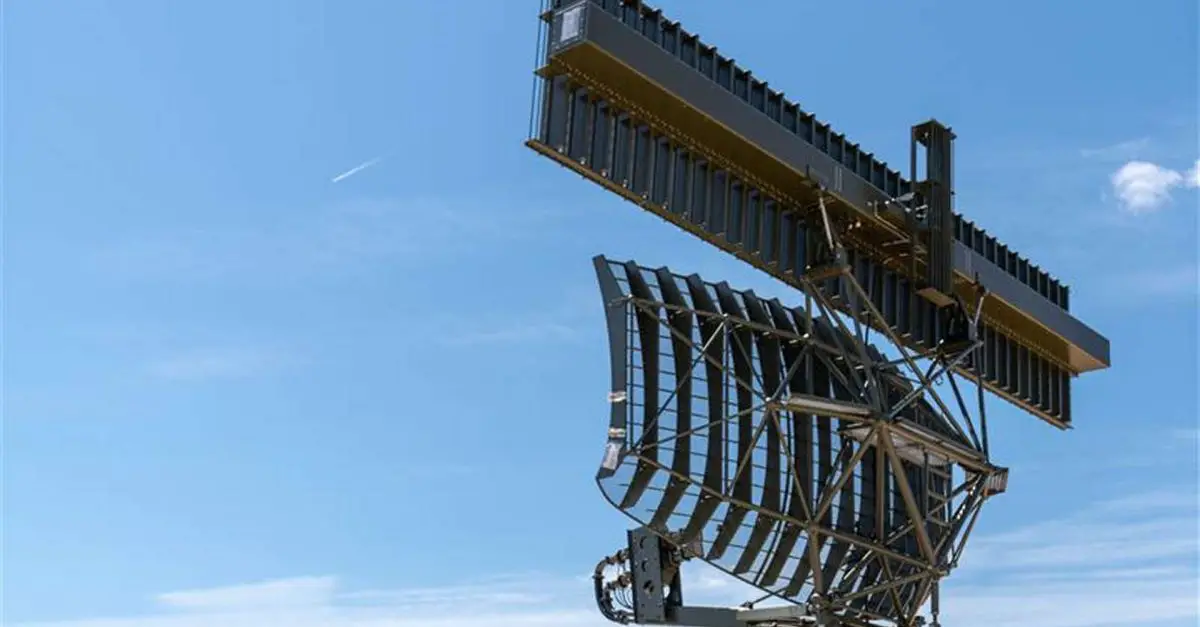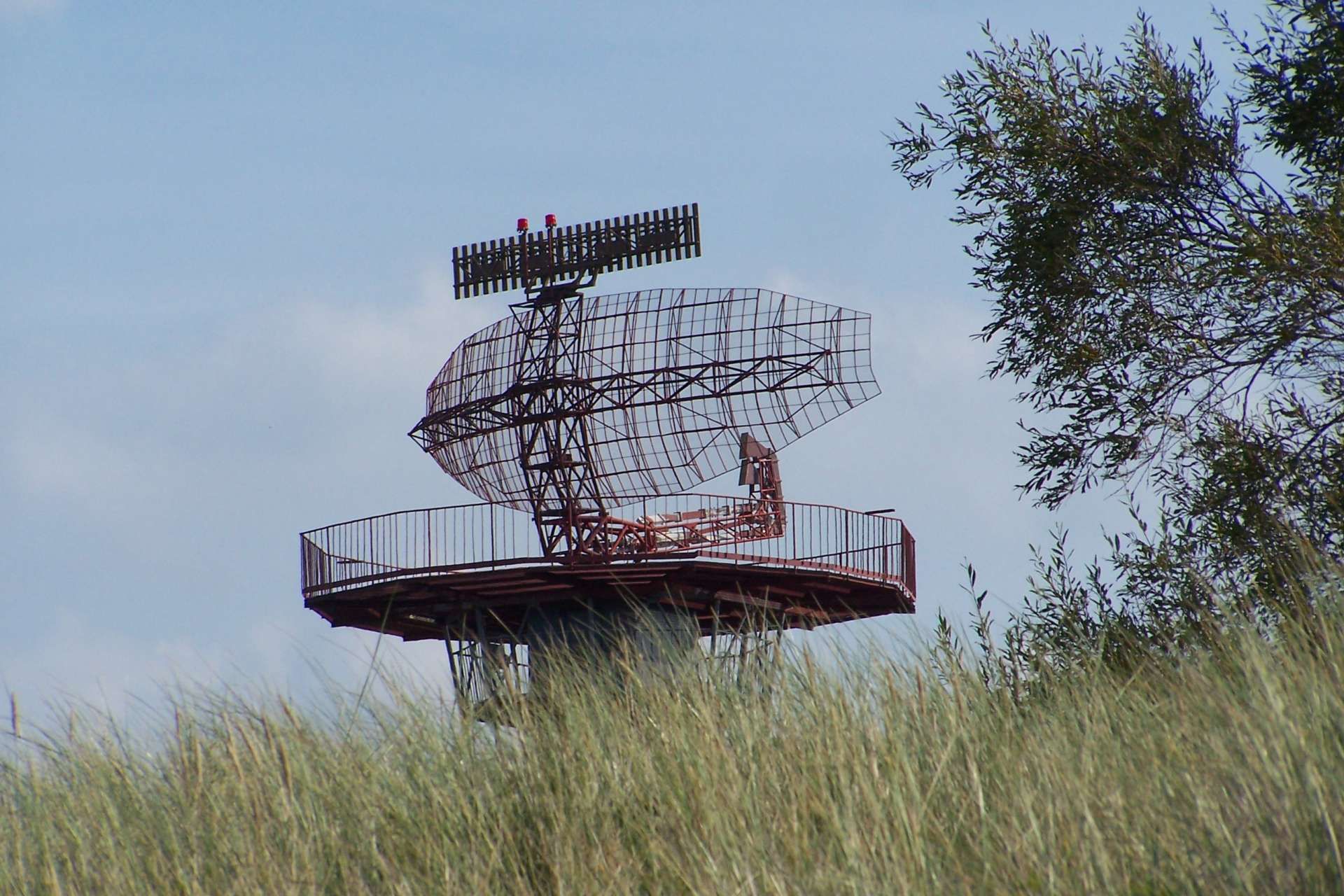Breaking News
Spain to deliver 15 dual-use radar systems to Polish Air Force.
On September 4, 2024, during the MSPO 2024 exhibition, the Spanish company Indra Sistemas signed a contract with Poland to deliver up to 15 transportable radar systems for military and dual air traffic control purposes. Facilitated by the Polish Armaments Agency, the agreement includes an initial order for eight systems, with an option for seven additional units to be delivered between 2025 and 2031. The contract is valued at approximately 1.1 billion PLN (€256.751 million) and is considered one of the largest defense radar contracts in Europe.
Follow Army Recognition on Google News at this link

The agreement includes an initial order for eight systems, with an option for seven additional units to be delivered between 2025 and 2031. (Picture source: Indra Sistemas)
The new radar systems will replace the AVIA-W airfield control stations currently used by the Polish Air Force. The AVIA-W is an airport area control radar capable of detecting air objects, determining their flat coordinates, such as azimuth and distance, and providing electronic identification via the MARK XII system. It delivers information on the air situation in the airport area to radar information collection and processing systems like the TU-20L and WSA-10-3.
Designed to operate in challenging meteorological conditions, the AVIA-W has an instrumental range of 112 kilometers, a detection ceiling of 20,000 meters, an L-band operating frequency, and a rotation speed of 10 to 15 revolutions per minute, with an output power of 450 kW. Although effective, the system is being replaced to align with updated defense needs.
Indra's transportable radar systems are designed to meet the specific requirements of the Polish Air Force, offering the capability to determine the three-dimensional position and trajectory of aircraft under various conditions. They incorporate Identification Friend or Foe (IFF) technology to distinguish allied and own aircraft from other traffic, supporting secure air traffic management and improving surveillance and control in designated airspace sectors.

The AVIA-W has an instrumental range of 112 kilometers, a detection ceiling of 20,000 meters, an L-band operating frequency, and a rotation speed of 10 to 15 revolutions per minute. (Picture source: Wikimapia)
The radar technology is based on solid-state electronic components that enhance transmission and reception efficiency. The systems use digital signal processing to operate effectively in environments with potential interference from terrain, adverse weather, countermeasures, or reflections from wind turbines. Additionally, they feature a weather channel to help aircraft avoid adverse conditions. The radars are designed with redundancy to ensure high operational availability and have remote monitoring capabilities for continuous, unattended operation.
Under the contract, Indra will deliver the initial eight systems by 2028, with the possibility of delivering seven more by 2031 if the option for additional units is exercised. In addition to the radar systems, the contract includes constructing the necessary infrastructure, training Polish Armed Forces personnel, providing technical documentation, and supplying logistical support packages. The systems are transportable, allowing for flexible deployment as needed.
The radar systems are compatible with those of other allied air forces, a key consideration for coordinating multinational operations. Their dual-use capability makes them suitable for integration into civilian air traffic control systems, contributing to overall air safety across Poland. The radars comply with NATO standards, air navigation authorities, and information security protocols, which are essential for both military and civilian applications.


























